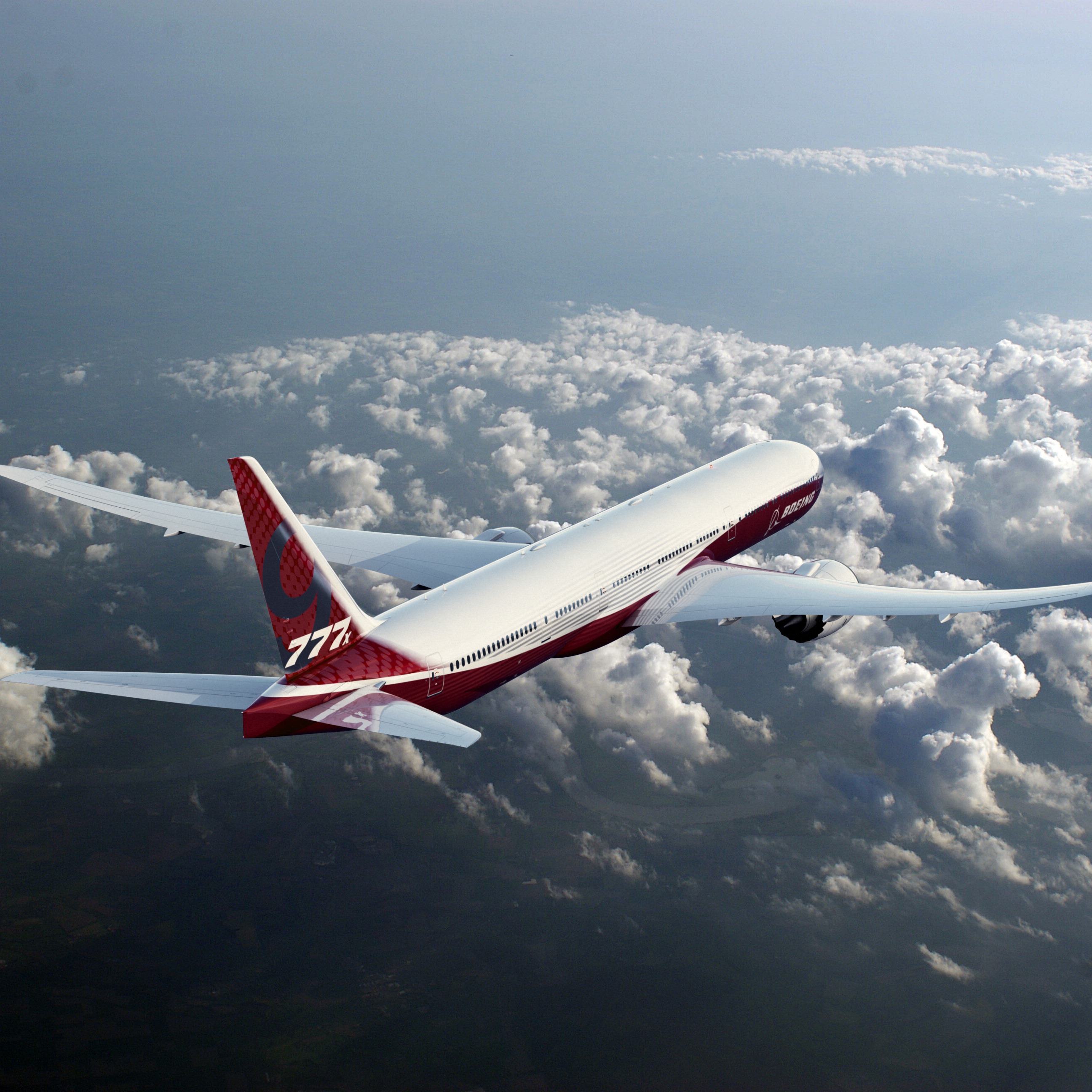

After Boeing Co. (NYSE: BA) released its 2015 price list last July, the most expensive commercial jet the company on that list was the 777-9X, which carries a list price of $400 million. Boeing raised prices 2.9% on all its commercial planes, and the company’s customers are likely expecting another price increase this coming July.
Both Boeing and rival Airbus have experienced a sharp drop in airline retirements of older planes. A total of 28 planes had been retired in the three months through February of this year, down from 104 planes in the same period a year ago. With fuel prices at current lows, there is less incentive for the airlines to take delivery of new, more fuel-efficient models. Lease extensions remain very strong, and that is not expected to change in the near term.
At the annual general meeting of the International Society of Transport Aircraft Trading (ISTAT) in Phoenix in February, four appraisers said a used 777-200ER is worth between $37 million and $47 million. Planes that include the GE or Pratt & Whitney engines command a $7 million premium to planes powered by the Rolls-Royce Trent engines, according to a report at Leeham News.
At that price level, and with fuel costs still relatively low, demand cools for new fuel-efficient planes like the 777-9X. So far in 2016, Boeing has taken no net new orders for the new 777X family, and the company has cut production of the current version of the 777 from more than eight a month to seven a month, and there is a strong likelihood that the production rate will be lowered again.
The most expensive commercial plane on the market is the Airbus A380-800, which has a list price of $428.0 million. The nearest competitor Boeing has to that plane is the 747-8, which now carries a list price of $378.5 million. The A380 can carry as many as 555 passengers, nearly 90 more than the 747-8.
There are currently two aircraft in the 777X family: the 777-8X, which has a capacity of 350 passengers and carries a list price of $371 million, and the 777-9X. Based on the company’s highly successful 777 family, the 777X planes add a wing made of the same composite material used for the 787 Dreamliner and will use a new engine from General Electric — the GE9X — which the companies say is the most advanced, fuel-efficient commercial engine ever made. The 777X will also use many of the same flight deck technologies used on the 787.
Among dual-aisle, twin-engine planes, the Boeing 787-9 Dreamliner carries a list price of $224.6 million, where the Airbus A350-800 costs $269.5 million and the A350-900 costs $304.8 million. The new A330-900neo, which seats 310 passengers in a standard two-class arrangement, costs an average of $284.6 million.
Boeing’s best customers for the 777X have been Middle Eastern carriers. A report at Arabian Aerospace noted that the 777X’s “immense range and payload capability” promise to deliver the lowest fuel burn and trip costs of an twin-engine plane and will open up more non-stop routes for the three large Gulf carriers from their hubs in Dubai, Abu Dhabi and Qatar.
Whether orders for the new 777s pick up again depends to a fair extent on the price of fuel. While the cost of crude oil is back near $50 a barrel now, expectations for next year have been around $65 a barrel, and that is probably still too low to generate hundreds of orders for the new planes.
Take This Retirement Quiz To Get Matched With A Financial Advisor (Sponsored)
Take the quiz below to get matched with a financial advisor today.
Each advisor has been vetted by SmartAsset and is held to a fiduciary standard to act in your best interests.
Here’s how it works:
1. Answer SmartAsset advisor match quiz
2. Review your pre-screened matches at your leisure. Check out the
advisors’ profiles.
3. Speak with advisors at no cost to you. Have an introductory call on the phone or introduction in person and choose whom to work with in the future
Take the retirement quiz right here.
Thank you for reading! Have some feedback for us?
Contact the 24/7 Wall St. editorial team.